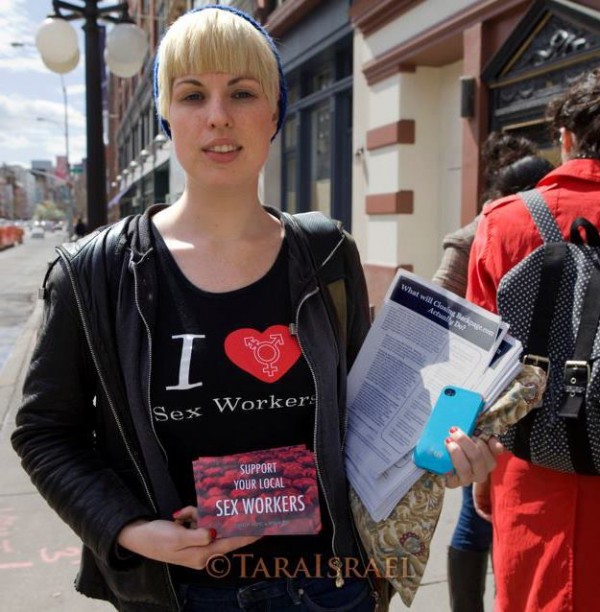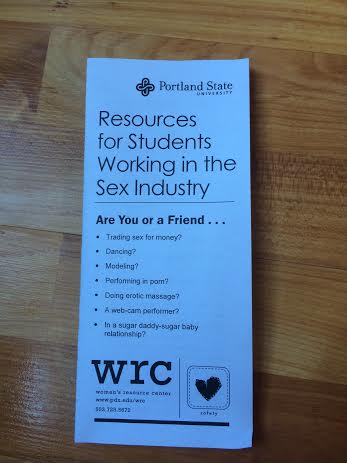What Antis Can Do To Help, Part Two: Aiding Those Leaving The Industry

In case you missed it, read Part One here.
I am a sex worker who not only hates the sex industry, but, more often than not, sex work itself. At the very least, I am not the Charlotte York of Sex Work and the City; I didn’t set out on my current career path screaming, “I choose my choice!” Rather, I got here mostly through a series of shitty happenstances primarily relating to my mental illness.
I’ve been crazy for the entirety of my life, but I managed my poor mental health well enough for most of it. In what should have been my last year of college, my overall health rapidly declined, aided by a series of sexual assaults. I might have been able to continue school part-time, but the conditions of my scholarship meant that I would lose the remaining $20,000 if I couldn’t manage twelve credits at once. So I chose to take some time off from college and work instead.
I searched for a job for five months. I sent out dozens of applications and got rejected repeatedly, including from being a hostess at restaurants. Given that my peers with BA’s were now desperately applying to the same low-wage jobs, the fact that I was unemployable without a degree shouldn’t have come as a surprise. I might have joined those peers in returning home for a while in debt and defeat, except that I don’t really have that option. I grew up with an abusive father, and I spent most of my teen years dealing with child protective services and the family court system. And so, with two weeks left until I’d have to either move back in with my father or become homeless, I chose to answer an ad on Craigslist about becoming a dominatrix.
That was eighteen months ago, or approximately five years in sex work time. Since then, my health has gotten even worse. I wouldn’t be able to work a full-time job now even if I could find one, so I continue on as a pro domme—a pro switch, actually. I’m pleased to say that the work has proved more enjoyable than I originally anticipated. It’s intellectually challenging, creative, and occasionally fun. Unfortunately, any enjoyment I get out of it is overshadowed by the risks it entails. I’ve already dealt with almost every kind of nastiness at my job, from verbal abuse to grand larceny to petty wage theft to yet more sexual assault to the constant threat of arrest (some things pro switches do are more legal than others). My welfare has improved since transitioning to independent work, but I still spend far too much time worrying about my physical, emotional, and financial security in this job. I want out of this business, sooner rather than later. But I fell stuck for a lack of other options.
Mine is exactly the kind of situation that anti-sex work feminists claim to want to remedy. Their plan for helping me, though, involves not much more than “ending demand” for my services. Even if that were an achievable goal, it would leave me back where I was eighteen months ago: unable to pay rent. Any solution to my dilemma and to the dilemmas of so many sex workers who feel trapped in our work to varying degrees will be far more complex than eliminating our clients. It will need to be systemic and holistic. It will need to attack multiple issues at once, and it will need to be spearheaded by sex workers.
 Terra Burns runs the informative
Terra Burns runs the informative 

